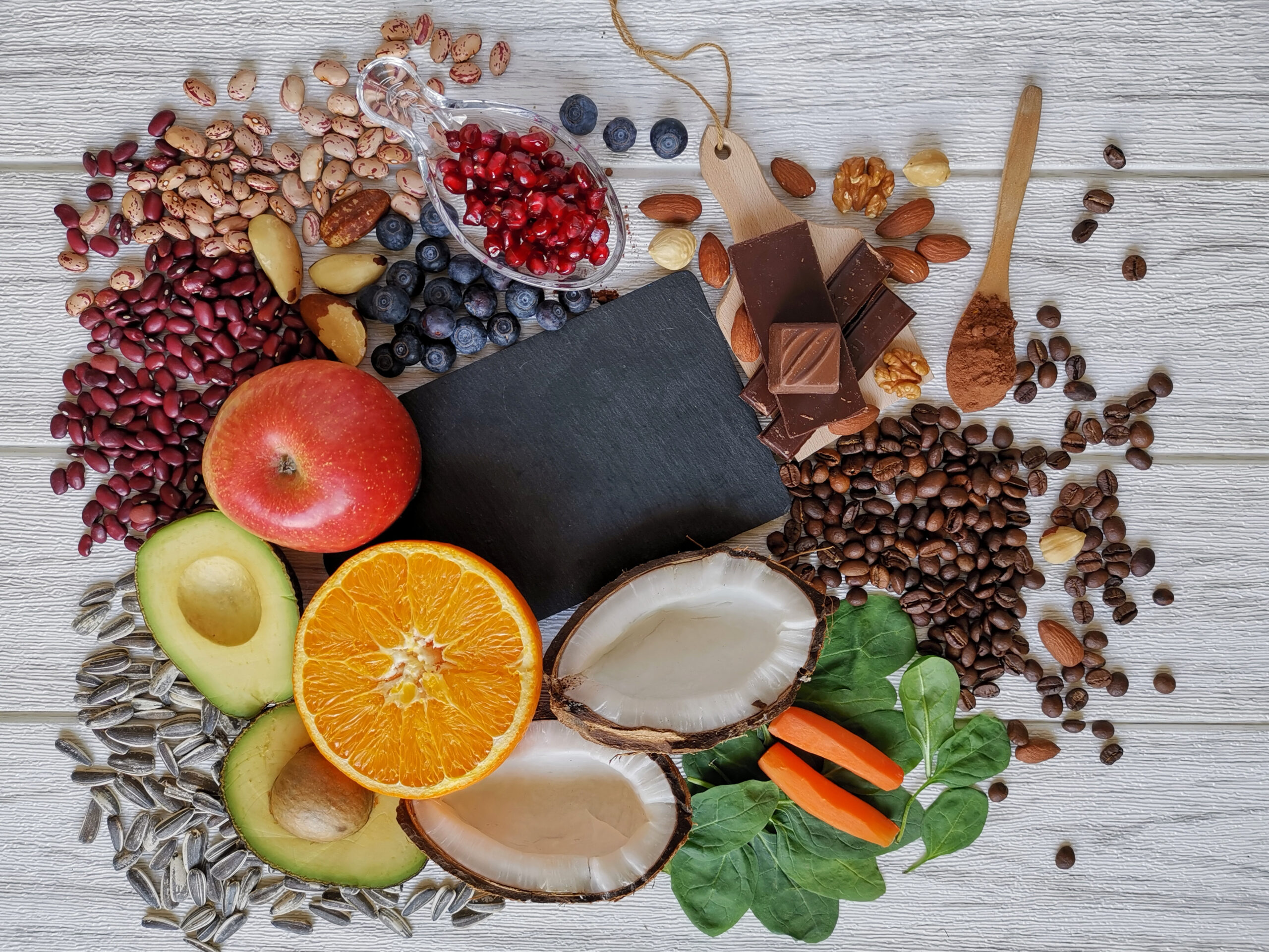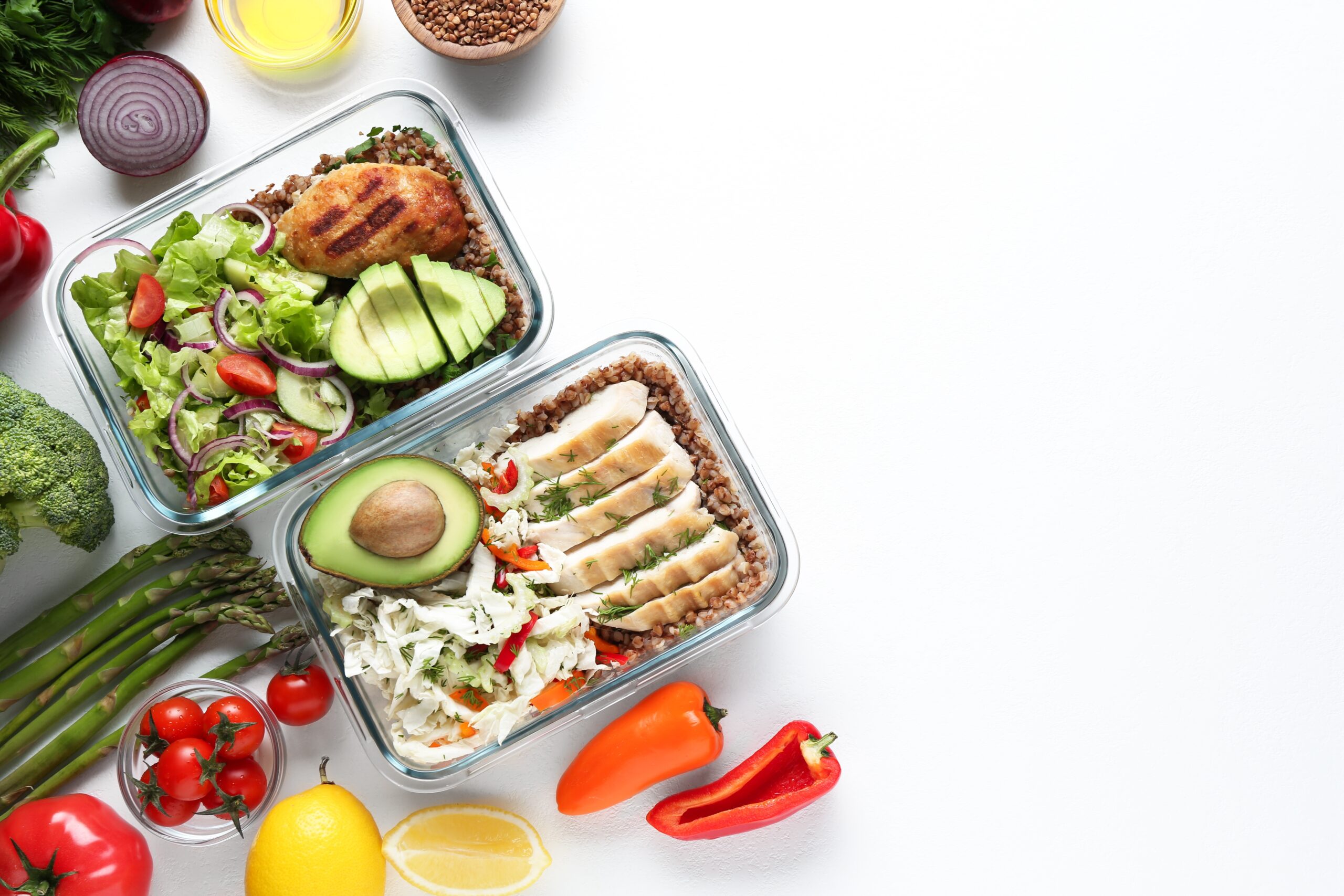Latest F&B hacks for group focus and concentration
Yes, we’re enthusiastically back to in-person meetings, but during the pandemic hiatus, guess what? The world changed, and so did we. You must have noticed the increased appetite for a reprise of “Short Attention Span Theater.” It’s not that we want to revive that classic TV series on 1990’s Comedy Central exactly, but in this post-pandemic era, reports of difficulty focusing and concentrating remain high.
Long Covid, social isolation that began with the lockdown and continues with remote work, not to mention the red-alert level of stress, anxiety and uncertainty of today’s general zeitgeist—all these can negatively affect cognitive functions and impair our ability to absorb information effectively and stay centered on a presenter or panel.
Napoleon is credited with saying an army marches on its stomach, but every meeting prof knows the success of a program starts on the plate at breakfast, continues at the mid-morning break, and then the afternoon can rise or fall with lunch.
Caffeine, of course, is the proven go-to for alertness and wakefulness, as are the antioxidants in both coffee and tea. Caffeine blocks adenosine receptors in the brain, thus stimulating the central nervous system. It’s especially good for sustained attention to monotonous or repetitive tasks. Too much, as we all know, can lead to the jitters, disrupted sleep and increased anxiety. There is evidence that the amino acid L-theanine in green tea can help counteract the overstimulating effects of caffeine.
Read More: Healthy F&B: Prebiotics & Probiotics Explained
A newly published study reinforces the efficacy of diet to enhance cognition. It isn’t a quick fix, but longer-term benefits include a decrease in “the risk of developing thinking, concentration and memory problems,” according to an account by CNN. Published in Neurology, the journal of the American Academy of Neurology, it’s the surprising byproduct of an ongoing investigation into something else entirely—why Southern American and Black American people have a higher incidence of stroke.
“Every meeting prof knows the success of a program starts on the plate.”
Some 30,000 adults, age 45 and older, have been monitored since 2003.
It’s called the MIND (Mediterranean-DASH Intervention for Neurodegenerative Delay) diet and draws on a combination of the traditional Mediterranean diet and the Dietary Approaches to Stop Hypertension, or DASH diet, which aims to reduce blood pressure.
The MIND approach will seem familiar to you. It focuses on real, nonprocessed foods, especially plants. Thus, green leafy vegetables and other veggies, nuts, berries, beans and whole grains, plus seafood, poultry and olive oil. Limited (but not wholly eliminated) are trans and saturated fat bombs like red meat, butter, cheese, fried and fast foods, and most sweets.
Read More: Making a Tasteful Impression Through a Food and Beverage Program That’s a Cut Above
“That such effects would translate into protection of the brain is anything but a surprise,” Dr. David Katz, a specialist in preventive and lifestyle medicine, observed, adding that the study does not “by itself prove that the MIND diet protects cognitive health, but given the clear mechanisms in play, it certainly suggests it does.” Katz is a founder of True Health Initiative, a global effort dedicated to evidence-based lifestyle medicine, and was not involved in the study.
Surprising Findings
Something else in the study data was unexpected, though—women are even less likely to develop cognitive impairment when following the MIND diet, and Black participants had a slower rate of decline than White participants.
“These were surprising findings,” said lead study author Dr. Russell Sawyer, an assistant professor of clinical neurology and rehabilitation medicine at the University of Cincinnati Gardner Neuroscience Institute. “This is an area for future research.”
Alert Brain Food

Healthline offers these high-focus tips.
Best to serve: Foods rich in omega-3 fatty acids like fatty fish (salmon to sardines), broccoli and pumpkin seeds (high in magnesium, iron, zinc and copper, which support memory and reduce mental fatigue). Also avocados, which promote healthy blood flow to the brain.
Worst to serve: Sugary beverages and refined carbs (think cookies made with white flour, white rice, pasta), as well as high-salt foods.
Best snacks: Nuts, citrus fruit, dark chocolate, hard-boiled eggs.
This article appears in the November 2024 issue. You can subscribe to the magazine here.




